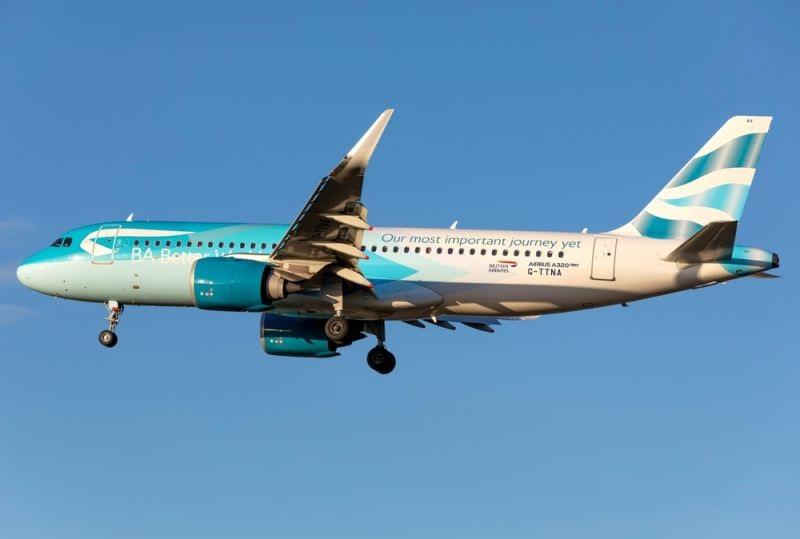Biofuels producer EcoCeres announced today a new multi-year sustainable aviation fuel (SAF) transaction with British Airways, supplying the airline with SAF produced from waste-based biomass feedstock to help meet its sustainability goals.
According to EcoCeres, the new agreement will enable British Airways to reduce fuel lifecycle carbon emissions by approximately 400,000 metric tonnes compared with conventional jet fuel, equivalent to the total emissions of flying around 240,000 economy class passengers on return flights between London and New York.
Hong Kong-based EcoCeres is a biomass utilization biofuel and bioproducts platform, with products including SAF, hydrotreated vegetable oil (HVO), and renewable naphtha. The company’s SAF is produced from 100% waste-based biomass feedstock, such as used cooking oil (UCO), and provides lifecycle carbon reduction relative to traditional jet fuel of up to 80%.
Matti Lievonen, CEO of EcoCeres, said:
“We are proud to partner with British Airways in this strategic agreement to jointly tackle greenhouse gas emissions in aviation. Our commitment to sustainability is unwavering, and this partnership exemplifies our dedication to providing innovative fuel solutions that will help the aviation industry meet its environmental targets. Together, we are contributing to the broader effort of reducing emissions in transportation.”
British Airways’ parent company, International Airlines Group (IAG), has set targets to fly with 10% SAF and to use 1 million tonnes of SAF per year by 2030, and to reach net zero by 2050. In 2023, IAG’s airlines used approximately 12% of the world’s supply of SAF, and the company recently stated that it has already secured a third of the SAF required to meet its 2030 SAF goal.
Carrie Harris, Director of Sustainability at British Airways, said:
“At British Airways, we see sustainable aviation fuel (SAF) as an important part of our BA Better World strategy. In 2024 alone, SAF accounted for 2.7% of British Airways’ total fuel use and is contributing to our achievement of a 13% reduction in our carbon intensity since 2019. That’s why this new agreement with EcoCeres is so exciting – it’s another important step forward on our journey to reach net-zero carbon emissions by 2050.”

